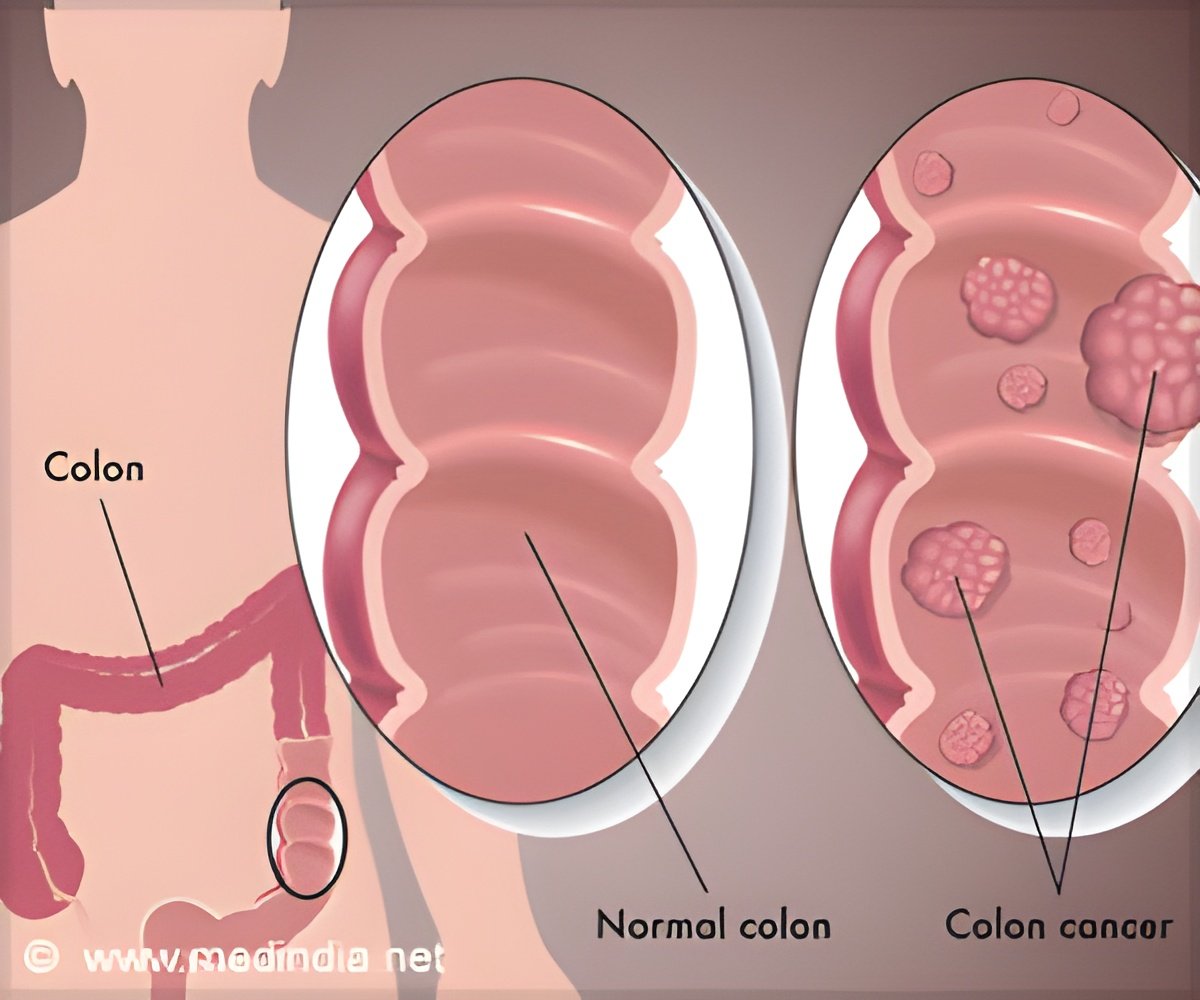Drugs known as glucagon-like peptide-1 receptor agonists, prescribed for type 2 diabetes, could lower the likelihood of developing colorectal cancer.

GLP-1 Receptor Agonists and Colorectal Cancer Risk in Drug-Naive Patients With Type 2 Diabetes, With and Without Overweight/Obesity
Go to source) Glucagon-like peptide-1 receptor agonists, or GLP-1 RAs, are medications to treat type 2 diabetes. Usually given by injection, they can lower blood-sugar levels, improve insulin sensitivity and help manage weight. They've also been shown to reduce the rates of major cardiovascular ailments.Importantly the protective effect of GLP-1 RAs are noted in patients with or without overweight/obesity.
‘Glucagon-like peptide-1 receptor agonists, used in diabetes treatment, show potential in reducing the risk of colorectal cancer development. #coloncancer #colorectalcancer #diabetesdrug’





The findings, published in the journal JAMA Oncology, support the need for clinical trials to determine whether these medications could prevent one of the deadliest types of cancers. Eventually, the medications may also show promise in warding off other types of cancer associated with obesity and diabetes. "To our knowledge, this is the first indication that this popular weight-loss and anti-diabetic class of drugs reduces incidence of CRC, relative to other anti-diabetic agents," added Rong Xu, Professor at the School of Medicine.
Exploring the Link: Obesity, Diabetes, and Colorectal Cancer
Being overweight or obese or having diabetes are risk factors for increasing incidence of CRC and for making its prognosis worse.Since GLP-1 RAs have been shown to be effective anti-diabetic and weight-loss agents, the researchers hypothesized they might reduce incidence of CRC. Using a national database of more than 100 million electronic health records, the researchers conducted a population-based study of more than 1.2 million patients.These individuals had been treated with anti-diabetic agents from 2005-19; the team examined the effects of GLP-1 RAs on their incidence of CRC, as compared to those prescribed other anti-diabetic drugs. Among 22,572 patients with diabetes treated with insulin, there were 167 cases of CRC.
Another 22,572 matched patients treated with GLP-1 RAs saw 94 cases of CRC. Those treated with GLP-1 RAs had a 44 percent reduction in incidence of CRC. Similarly, 18,518 patients with diabetes treated with Metformin compared with 18,518 patients with diabetes treated with GLP-1 RAs, had a 25 percent reduction in CRC. "The research is critically important for reducing incidence of CRC in patients with diabetes, with or without overweight and obesity," Berger said.
Reference:
- GLP-1 Receptor Agonists and Colorectal Cancer Risk in Drug-Naive Patients With Type 2 Diabetes, With and Without Overweight/Obesity - (https://jamanetwork.com/journals/jamaoncology/fullarticle/2812769)














